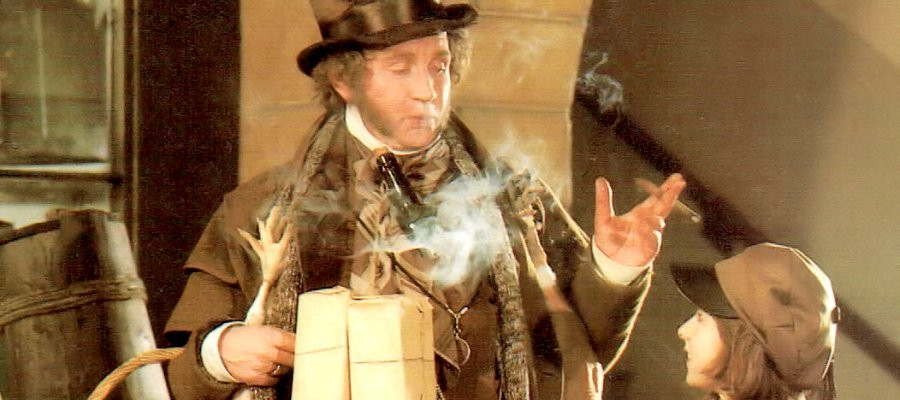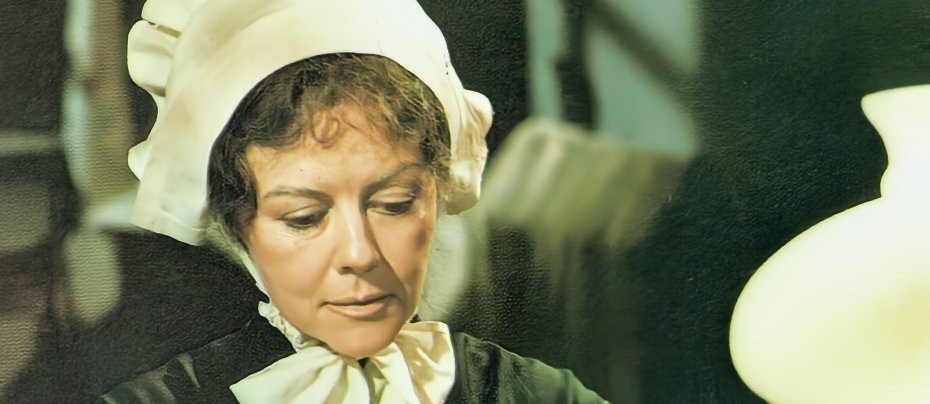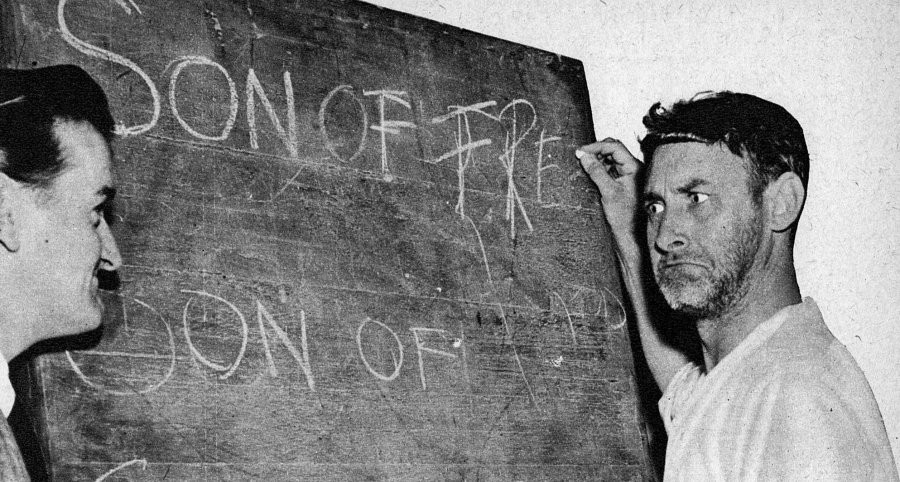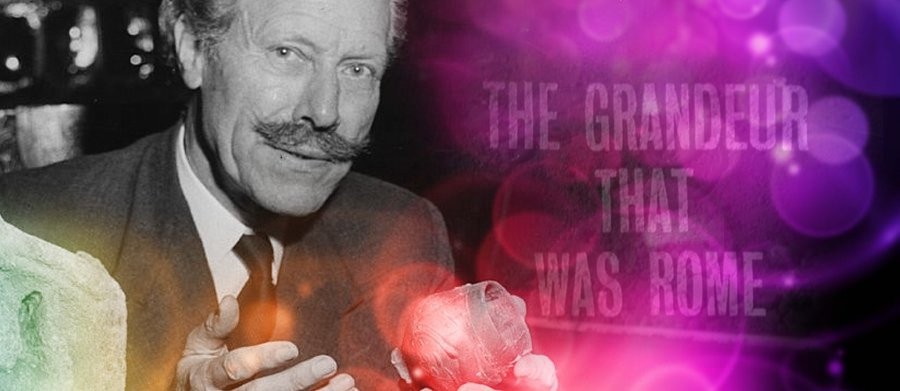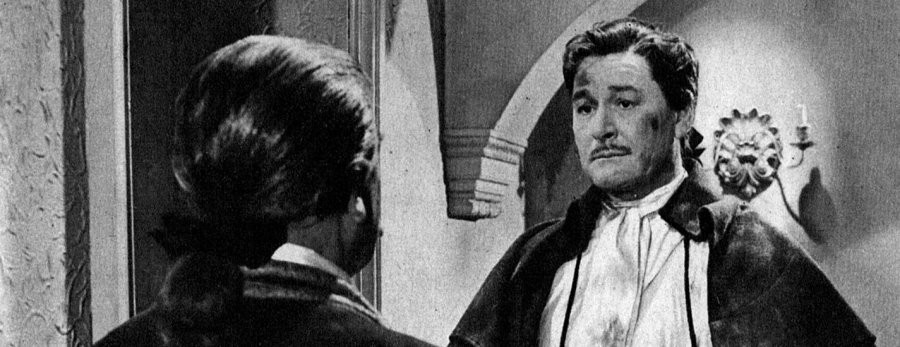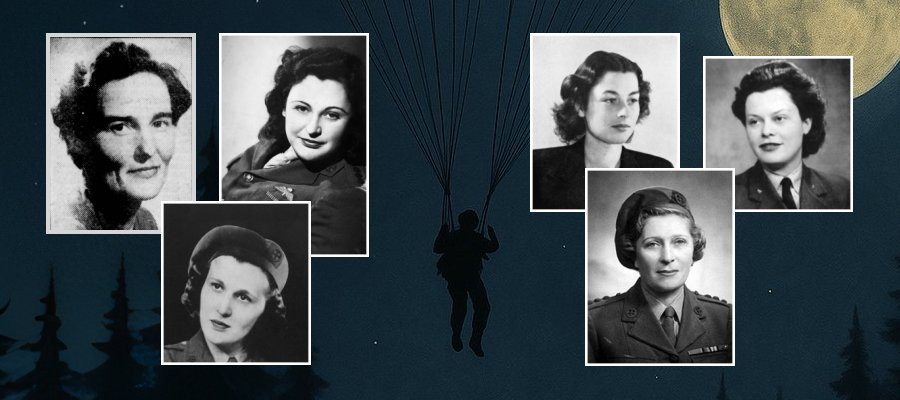
Secret Mission
1956 - United KingdomIn the shadows of occupied Europe, while nations fell and armies marched, another war was being waged—a war of secrets, sabotage, and silent defiance.
They were known as maquisards—young men and women who fled into the hills and forests of France and Belgium. At first, they ran to escape forced labour under the Vichy regime. But what began as a means of survival soon became a mission. From these hidden places, the Maquis emerged.
Across the Channel, a secret British organisation was preparing to strike from within. Formed in 1940, the Special Operations Executive—SOE—was tasked with freeing Europe through espionage, sabotage, and support for resistance movements. Among its most courageous operatives were women.
Trained in unarmed combat, explosives, wireless telegraphy, and the art of covert living, these women—teachers, students, secretaries, wives—were parachuted behind enemy lines. Some were never heard from again. And some became legends. They fought not for recognition or reward, but for something greater. Many agents were captured, killed in action, executed, or died in German concentration camps. More than one-third of 41 female agents did not survive the war.
At the heart of the SOE’s operations in France was Colonel Maurice James Buckmaster, the head of its French Section (F Section). Buckmaster oversaw the recruitment, training, and deployment of agents across occupied territory. Between 1941 and 1944, under his leadership, F Section sent 366 agents into France and established close to 50 independent resistance networks — each tasked with disrupting the enemy from within and preparing the ground for liberation.
After working from temporary offices in central London, SOE established its headquarters at 64 Baker Street. It was here the operatives earned their enduring nickname—the Baker Street Irregulars—a nod to the fictional street urchins who assisted Sherlock Holmes in the stories of Sir Arthur Conan Doyle.
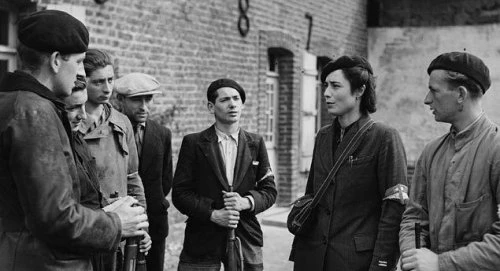
Communication with agents in the field relied on ingenuity and trust. The BBC played a vital role in this, broadcasting into Axis-occupied Europe throughout the war—at great risk to its listeners. Hidden among the scheduled programmes were cryptic "personal messages": lines of poetry, nonsense phrases, and obscure references. These were coded instructions—announcements of safe arrivals, warnings of danger, or orders to carry out sabotage operations. Some of the most decisive messages were sent on the eve of D-Day, mobilising resistance groups across France ahead of the Allied invasion.
In 1956, over a decade after the war, Associated Rediffusion paid tribute to six women recruited by the SOE in a groundbreaking television series. Broadcast live from their Wembley studios, the six half-hour episodes were written by Robert Barr—renowned for his work in factual drama, blending real events with dramatised storytelling. Barr had honed his craft on BBC programmes such as War on Crime, which opened the casebooks of Scotland Yard, and Pilgrim Street, an early attempt to portray daily life in a London police station, written by Jan Read, co-writer of the film The Blue Lamp.
Each episode of the series bore the first name of its heroine, restoring—however briefly—their names to the public consciousness. The show was a remarkable success, becoming the seventh most popular programme on British television that year, with 74% of Londoners tuning in.
And yet, it has all but vanished.
The TV Times provided no synopses or cast lists, and today, there are no entries for the series anywhere, not even on Wikipedia or IMDb. Much of what we know has been pieced together from contemporary newspaper reports and historical records of the spies themselves. How accurately their stories were told remains uncertain.
What is known, however, is the extraordinary calibre of the six women featured:
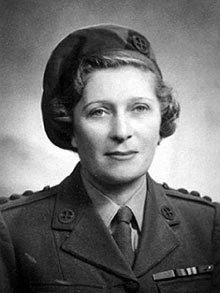
Lise de Baissac — the subject of the first story — was one of the earliest women to be parachuted into occupied France in September 1942. As soon as SOE began recruiting women, she volunteered. De Baissac worked independently in Poitiers, building resistance networks and coordinating sabotage operations. She preferred solitude and declined a wireless operator, choosing instead to recruit and liaise with local contacts on her own terms. On both of her missions she worked alongside her brother Claude, who headed the SOE’s Scientist network. Together, they played a vital role in preparing the Resistance for the Allied invasion of Normandy, arming and organising fighters to disrupt German logistics and communications. Though she frequently encountered German forces in her heavily militarised region, she was never captured. After the war, she was recognised with multiple gallantry awards and later worked for the BBC. She died in Marseille in 2004, aged 98.
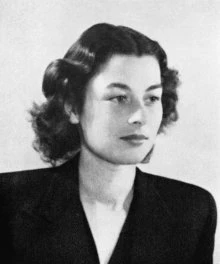
Violette Szabo (portrayed by Adrienne Corri) was a French-born young woman raised in London and married to a Free French officer. Just prior to D-Day, she was sent to France with urgent orders for the Maquis. Her bravery has passed into legend — some say she held off a division of SS troops single-handedly with a sten gun before her capture. Whether myth or fact, it is certain that she was captured after a fierce skirmish, tortured for four days, and ultimately deported to Ravensbrück concentration camp, where she was executed at the age of 23. She was posthumously awarded the George Cross, one of Britain’s highest civilian honours for gallantry.
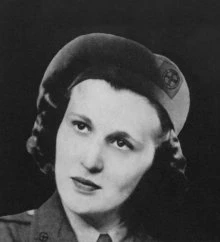
Suzanne Warenghem (portrayed by Sylvia Syms) — later known as Suzanne Warren — was among the youngest SOE agents in France, beginning her work at just 19. Intelligent and resourceful, she was caught up in a tragic and complex betrayal: she married Harold Cole, a British agent who was later unmasked as a double agent working for the Gestapo. After his exposure, Suzanne was arrested and sent to Castres prison, where she met another SOE agent, Blanche Charlet. The pair escaped together and undertook a harrowing journey across occupied France, constantly pursued by German forces. After a perilous trek, they finally reached Gibraltar and sailed to England under Royal Navy escort. The episode was praised for capturing “the fantastic atmosphere of occupied France.”
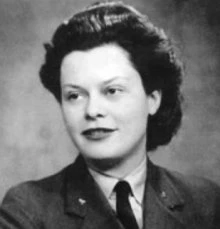
Yvonne Baseden, born in Paris and fluent in several languages, volunteered as a wireless operator in occupied France. In 1944, she helped coordinate one of the largest daylight arms drops of the war — 2,000 weapons delivered to the Maquis. Shortly afterwards, she was captured in a cheese factory following a Gestapo raid and deported to Ravensbrück via Saarbrücken prison. She survived the camp, despite serious illness, and was awarded the MBE, the Croix de Guerre avec Palme, and the Legion of Honour, among others. In 1955, she became the very first civilian subject of the BBC’s This Is Your Life. In interviews, she praised her portrayal in the 1956 series by 21-year-old Olivia Irving, describing the script as “very accurate.” At the time, Baseden was working as a schoolmistress near Tunbridge Wells, keeping her wartime past hidden from her pupils. She passed away in 2017, aged 95.
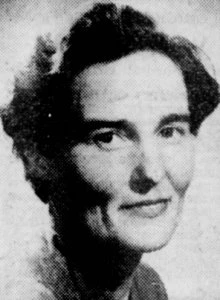
Paddy O’Sullivan (portrayed by Margaret Walker), born in Ireland and raised in Belgium, became known within SOE circles as Micheline Marcelle Simonet — or simply "Josette". On St. Patrick's Day 1943, she parachuted into France and spent 17 months transmitting messages to London from safe houses around Limoges, all while evading Gestapo detection. She operated seven hidden transmitters in the run-up to D-Day — a feat of nerve, skill, and luck. After the war she was awarded an MBE.
In November 1956, O’Sullivan, now Paddy Alvey, spoke to the London Evening News about her experience. "My story is not very exciting," she said. When she was five, she took to running away from home in Dublin to join her grandmother on the other side of the city. An attempt to settle this home problem resulted in her being taken for a three-month holiday to Belgium. This holiday with relations in Belgium never ended, for the childless relatives were only too delighted to have Paddy with them and to bring her up as their own. As a result, the three months lengthened to 13 years. So how did she end up parachuting into France? "I never really found out", she admitted. "I know it sounds silly, but I joined the W.A.A.F. as a sergeant interpreter and found myself doing everything but interpreting." Everything included wireless operating. She wandered in and out of offices in Whitehall in search of a job. Finally, she found herself in the Horse Guards in front of an officer whom she was convinced was mad. He asked her if she would like to go to France? She said yes and signed on the dotted line and very soon was training as a secret agent. The non-exciting part of her story, she said, was being taught to ride a bicycle by two German soldiers. They never realised that the blonde girl they were teaching to ride was the one they were scouring the countryside for - the person who, at every available opportunity, was transmitting messages to London. By the 1950s Paddy was a housewife, W.V.S. worker and a mother of two boys.
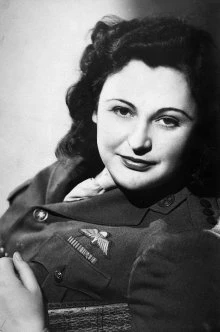
Nancy Wake (portrayed by Sarah Lawson), a New Zealander raised in Australia, became one of SOE’s most decorated and celebrated agents. Known as The White Mouse for her uncanny ability to elude capture, Wake worked with escape networks in southern France before fleeing to Britain via Spain after her husband was captured and executed. She parachuted back into France in 1944 and led Resistance fighters in a string of operations against the occupying forces. Among her many legendary exploits: a 400-mile bicycle journey in five days to re-establish radio contact with London and a brutal hand-to-hand kill to silence a sentry during a raid. She later claimed: “I was really surprised” at how effective her SOE judo training was. For her service, Wake received the George Medal (UK), the Medal of Freedom (US), the Légion d’honneur (France), the Companion of the Order of Australia, and New Zealand’s Badge in Gold. The official historian of the SOE, M. R. D. Foot, said that "her irrepressible, infectious, high spirits were a joy to everyone who worked with her." She passed away in 2011, aged 98.
Though largely lost to time, Secret Mission stands as an early and remarkable attempt to dramatise the real stories of women whose courage shaped the course of the Second World War. It offered British audiences a rare glimpse into the lives of women who risked everything — and often lost everything — for the cause of freedom. These six agents, operating far from the front lines but always at the heart of danger, challenged not only the enemy but the very conventions of who could be a soldier, a spy, a leader. Their legacy lives on in the honours they received and in the freedoms they helped secure, even as the broadcast tribute to their bravery fades from collective memory.
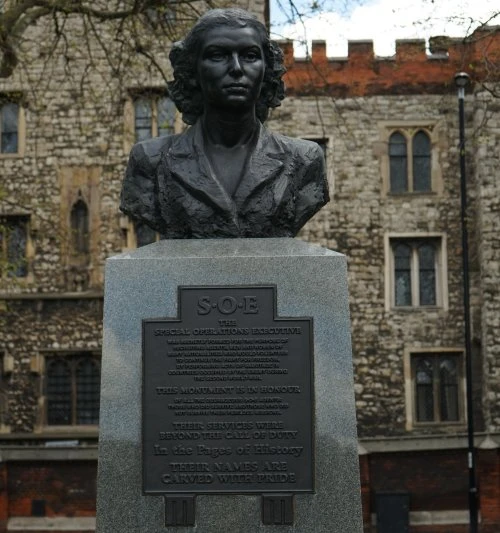
If you have further details about the production of Secret Mission — including credits, cast lists, or crew information — your contributions could help restore this forgotten series to its rightful place in British television and wartime history. These women deserve not only medals and memorials, but stories that continue to be told.
Seen this show? How do you rate it?
Seen this show? How do you rate it?
Published on July 13th, 2025. Written by Laurence Marcus for Television Heaven.


